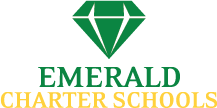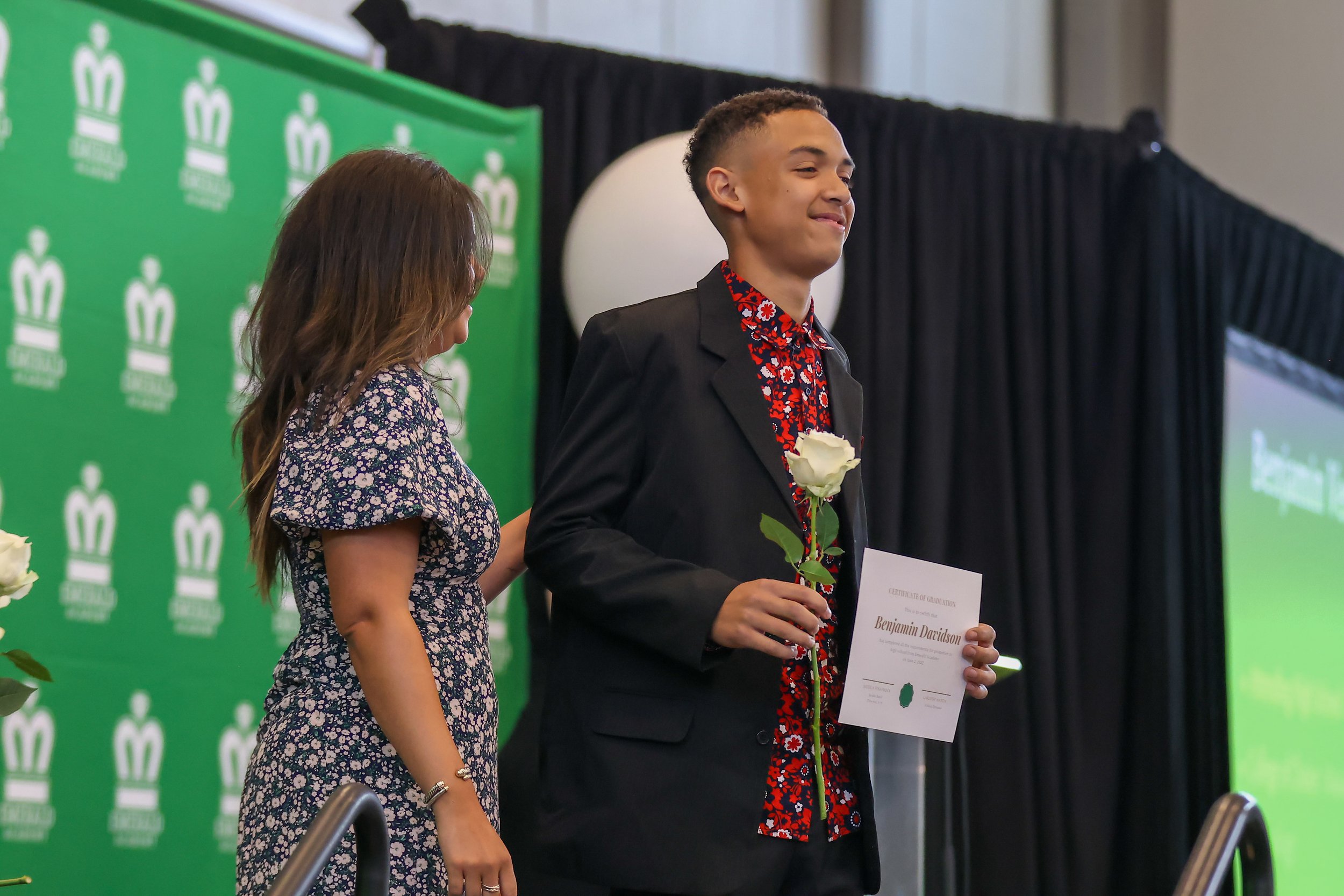Frequently Asked Questions
What are public charter schools?
Public charter schools are independent, public schools that are free to be more innovative and are held accountable for improved student achievement.
Public charter schools are operated on “charter” – a contract with the local board of education – by independent entities such as nonprofit organizations.
The public charter schools must meet strict accountability standards spelled out in the charter.
What makes charter schools public schools?
Charter schools are public schools because they are:
tuition-free and open to every student who wishes to enroll;
non-sectarian, and do not discriminate on any basis;
publicly funded by local, state and federal tax dollars based on enrollment, like other public schools; and
held accountable to state and federal academic standards.
What is the advantage of public charter schools?
Public charter schools often appeal to parents:
whose children attend low-performing traditional public schools; and
who do not have the resources to relocate to a neighborhood with a higher-performing traditional public school or to send their child to a private school.
This is borne out by the fact that public charter schools serve a growing percentage of students who live in poverty. Public charter schools are achieving better outcomes for several subgroups among this population.
Public charter schools across the U.S. are outpacing traditional public schools in academic growth among African-American students, students living in poverty, and English language learners.
How are public charter schools funded, and how many are in Tennessee?
Public charter schools are funded - like traditional public schools - by local, state, and federal tax dollars based on student enrollment.
When a student transfers from a traditional public school to a public charter school, the funding associated with a student follows him or her to the public charter school. Public charter schools do not add any new costs to the state’s public education system.
There are more than 100 public charter schools in Tennessee as of the 2025-2026 school year.
How do public charter schools work?
Public charter schools are operated independently of each other, and their individual outcomes vary. Some do not achieve their desired outcomes and can be closed. Many achieve and even exceed their desired outcomes, and as a result, are replicated by other public charter schools.
Some of the most effective charter school networks regularly boast accomplishments such as outpacing state averages in math and reading achievement and having some of the highest-performing schools in their district and/or state.
What makes public charter schools different?
Public charter schools are free to innovate in ways that improve student achievement.
Public charter schools may:
Offer longer school days. With freedom to set their own operating hours, schools can offer classes in the evening, on weekends and during the summer months.
Adjust curriculum to meet student needs, even providing new curriculum if students would benefit.
Create a unique school culture or adopt a theme, such as STEM education, performing arts, project-based learning, college preparation, career-readiness, language immersion, civic engagement, or classical education, to name just a few.
Develop next generation learning models, making innovative uses of technology and rethinking the definition of “classroom.” For example, students may study biology at the ocean shore, learn in virtual classrooms and use Skype to connect with experts around the world.





